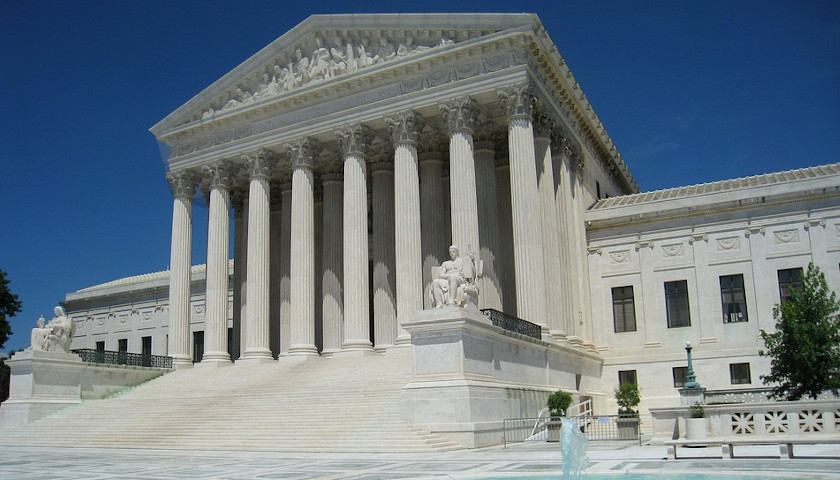For years, labor unions have been exempt from the consequences of destroying private property. Would you like a higher wage or salary? Sounds good! So, how would you go about persuading your employer to give you a raise? Why not vandalize some of your employer’s property with your labor union, or at least threaten to do so unless the boss gives you the raise you want?
Let’s say you want to get hired for a certain job, but you are worried that another applicant might get the job you want. Should you slash the tires on the other person’s car and threaten to pound him with a baseball bat if he doesn’t disappear?
Read More




